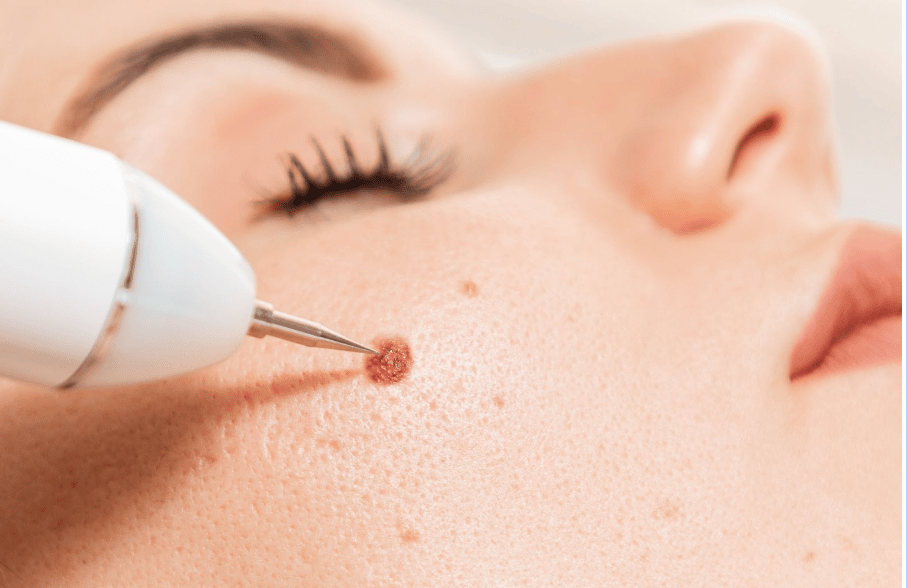Are you interested in pursuing a career as a dental hygienist?
All things considered; you’re making a smart career decision. Who wouldn’t want to pursue a career with a mean annual wage of about $75,000? Plus, the Bureau of Labor Statistics forecasts a 6 percent growth rate (faster than the average for all occupations) through the next decade.
But then, what does it take to not only become a dental hygienist, but also a successful one at that? What challenges do dental hygienists face in the workplace and industry at large?
We’ve got plenty of useful advice for future hygienists. Read on!
Get a Good Education
To become a dental hygienist, you need at least an associate’s degree in dental hygiene. This doesn’t necessarily mean you should settle for this degree.
As the profession gets more competitive, employers are starting to develop a preference for job seekers with more training. This is why it’s advisable to go for a bachelor’s degree in dental hygiene.
While an associate’s degree will give you foundational dental hygiene knowledge, a bachelor’s degree will equip you with more skills and hands-on experience. You will, for instance, have the opportunity to undergo a practicum in a real-world dental environment. With an associate’s degree, you won’t have the same opportunity.
So, while a bachelor’s degree may be more expensive and longer, the return on investment is worth it. Just ensure the program is accredited by the Commission on Dental Accreditation before enrolling.
Nurture the Right Occupational Skills
To be a confident, well-rounded dental hygienist, you need more than professional knowledge. You also need to possess the right occupational skills.
For instance, you need strong critical thinking and problem-solving skills. As a dental hygienist, you’ll be responsible for assessing and evaluating patients and developing dental care plans for them, in conjunction with a dentist.
You must be a detail-oriented person to be a competent dental hygienist. There are dental protocols and procedures to follow, so you must be able to execute tasks without skipping a step; otherwise, the results could be disastrous.
For instance, when sterilizing dental equipment, there’s a specific procedure to follow. Primo Dental Products has an informative guide on how to use a sterilization pouch to sterilize precision dental equipment.
Other important skills to have include interpersonal, communication, and dexterity. You also need to be an empathetic person, since you’ll be interacting with patients who might be in pain and distress. Being able to show empathy goes a long way in achieving better dental care outcomes.
Find an Ideal Workplace
A qualified dental hygienist can find employment in a wide range of settings, including dental offices, offices of physicians, outpatient care centers, hospitals, and other healthcare establishments offering dental services.
The work environment of a dental hygienist is pretty much the same regardless of the setting, but you may find that working in a private dental practice that opens 9 to 5 offers better flexibility than working in a 24-hour hospital where working in shifts is necessary.
The Future Is Bright for Aspiring Dental Hygienists
As an aspiring dental hygienist, we’re here to reassure you that you’ve made a savvy career decision. Dental hygienists have a richly rewarding career, especially those who are passionate about helping other people. Put this advice to use.
Browse our blog for more career and workplace tips.











